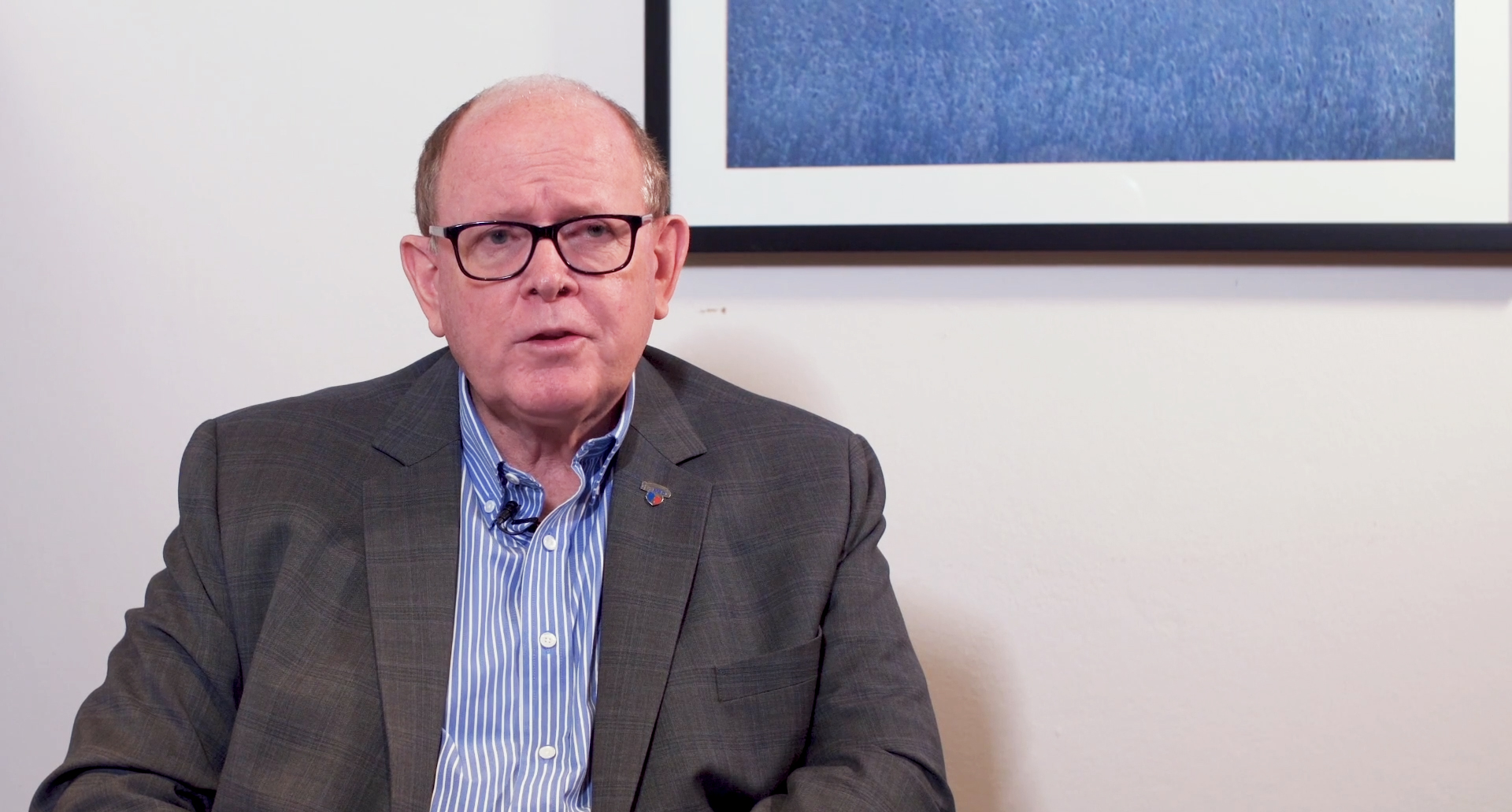The Future of Work: Bruce Hemmingsen
18 June 2020
We sat down with Bruce Hemmingsen, VP Strategic Development at IDS Medical Systems, to discuss developing the leaders of tomorrow, the role of AI in healthcare, and how to thrive amidst a rapidly evolving landscape.
What is the one piece of advice you would give the leaders of tomorrow?
I think importantly, be adaptable. We’re in a very changing world and you need to remain adaptable, flexible, focused on the task in hand, to be able to achieve the objectives you would like for your organization. It’s not an easy path. There are plenty of competitors entering the marketplace. So unless you are adaptable, you’re very quickly going to find yourself disintermediated from your own business. Traditional business models in retail are being overtaken by the likes of Amazon and Alibaba, where they have been disruptive influences in the retail chain. Does it mean that an organization can’t participate in that? The answer to that is obviously of course they can, but they need to adapt quickly. Otherwise, they’re taken out of the game and replaced by someone else.
How has the world of work changed during your career? How will it change in the next five years?
The biggest change to work has obviously been technology and throughout my career, I’ve been very fortunate to have the opportunity to be at the forefront of advancements as they’ve occurred through the very organizations that I’ve been working with.
So I started out as an industrial chemist. Didn’t like that, got into the pharmaceutical industry. And at one point was in the electronics industry. So saw the launch of the first personal computers in New Zealand, and then saw the arrival of fax machines, the advancement of photocopying and then the morphing of effectively photocopying and what you now see today with PDF. Technology has been the main driver. And of course, the biggest driver in change has been the mobile telephone. Some times past, you needed to retain and remember information. And these days fairly much everything you would want to know is in this little box.
Currently, I’m involved in the medical industry. We market a very sophisticated ultrasound machine. In times past, if you went along and were in the doctor’s surgery, you would see some grainy, black and white image, you would be impressed. These days, you see images in high-quality Doppler that are in color, they’re highly enhanced, but there’s an important feature that’s coming into this and that’s artificial intelligence. Much of modern medicine will become dominated by artificial intelligence. So what you are learning today is not necessarily what will need to be applied tomorrow.
What are the most important skills leaders will need in the future?
Importantly with leadership is authenticity. The teams that you’re leading need to believe that you’re authentic and that you know what you’re doing. The other important feature of any leader is adaptability. And also very important is creativity.
How would you go about building the leaders of tomorrow?
If you see leadership talent in your organization, I think the best thing that you can be doing is working with those individuals to expose them to as much of the business as possible in a leadership position. Give them opportunities that are not the whole organization to run, i.e. handing over the keys of the car and letting them go, but subjecting them to areas of the business and watching how they develop over time and then using those experiences to groom them for the next step.
How will automation and A.I. affect the job market?
Artificial intelligence has got the ability to do things faster, cheaper, more effectively, more accurately than we have ever imagined. In the medical field, we see it with ultrasound machines. We now have robotic systems that will carry out brain surgery and spinal surgery to high levels of accuracy, where in the future patients entering a hospital would not dream of having a doctor wish to operate on them with anything other than a robotic system. And as we move forward, artificial intelligence is going to be taking over a lot of the decisions that previously we were making and again, being able to do that with high levels of accuracy.



